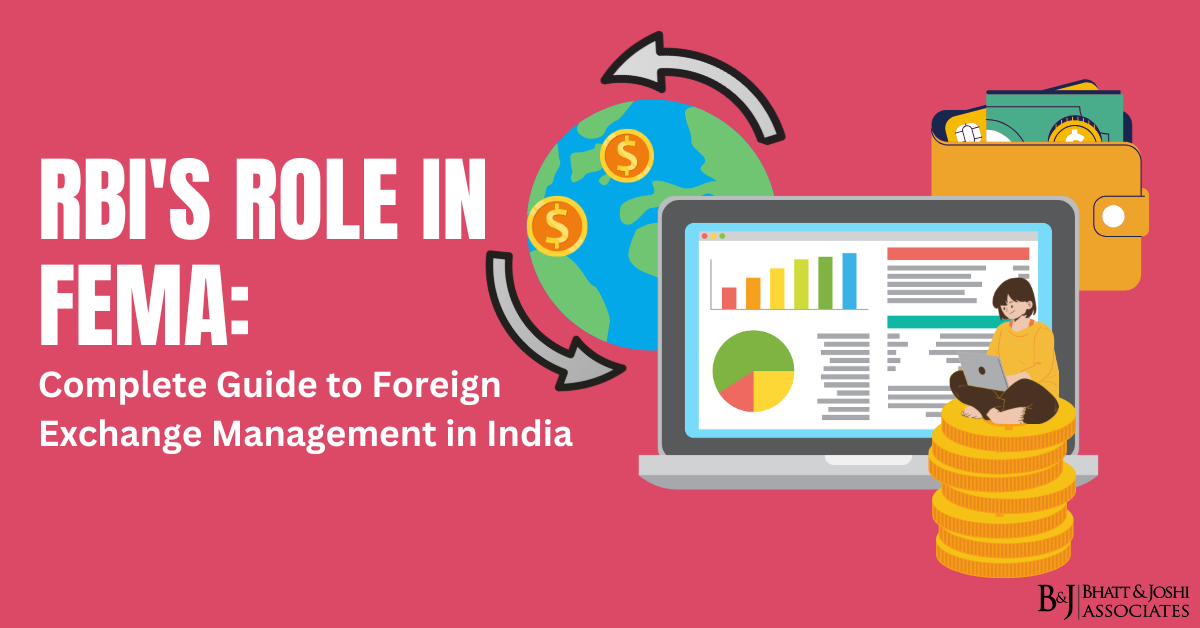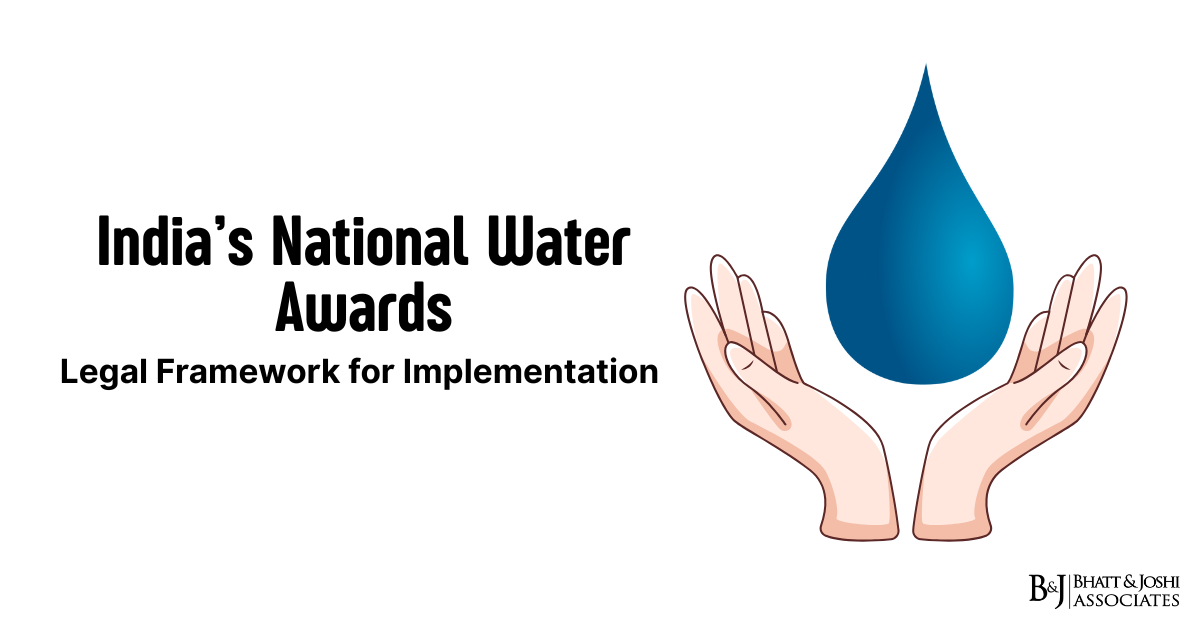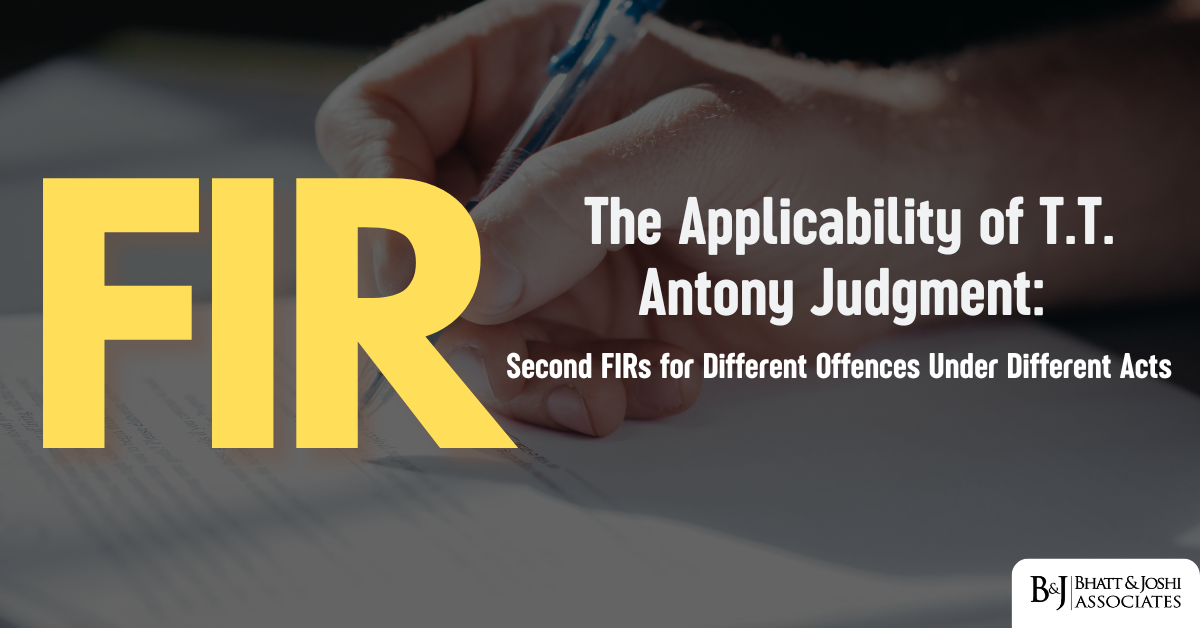Introduction
Foreign exchange regulations are a critical component of India’s economic framework, with the Reserve Bank of India (RBI) playing a central role in their implementation. This comprehensive guide examines RBI’s role under FEMA and how the RBI regulates and manages cross-border transactions under the Foreign Exchange Management Act (FEMA), providing clarity for businesses, individuals, and legal professionals navigating this complex regulatory landscape.
Understanding FEMA and RBI’s Regulatory Authority
The Foreign Exchange Management Act, 1999 (FEMA) replaced the more restrictive Foreign Exchange Regulation Act (FERA), signaling a paradigm shift from control to management of foreign exchange. This fundamental change reflects India’s evolving approach toward economic liberalization and global integration.
Legislative Framework and RBI’s Mandate
FEMA provides the RBI with extensive regulatory powers to oversee foreign exchange transactions in India. These powers are derived from several sections of the Reserve Bank of India Act, including sections 45J, 45JA, 45K, 45L, and 45MA. The RBI exercises these powers through a comprehensive framework of rules, regulations, and circulars that govern all aspects of foreign exchange transactions.
Key responsibilities entrusted to the RBI include:
- Formulating and implementing regulations to carry out FEMA provisions
- Issuing general and special directions to authorized entities dealing in foreign exchange
- Restricting, prohibiting, or regulating various categories of foreign exchange transactions
- Setting limits for different types of cross-border remittances and investments
- Ensuring timely repatriation of foreign exchange earned through exports and other sources
While the RBI possesses significant autonomy in managing foreign exchange, it often works in consultation with the Central Government, particularly when establishing rules for capital account transactions or when addressing matters of broader economic policy.
RBI as the Authorizing Authority for Forex Transactions
A fundamental aspect of FEMA is that all foreign exchange dealings must be conducted through an “Authorised Person” unless otherwise permitted by the Act. The RBI serves as the gatekeeper for this system.
Licensing and Authorization Framework
The RBI’s authorization process includes:
- Issuing licenses to banks and financial institutions to function as Authorized Dealers
- Granting permissions to money changers and other entities to handle specific foreign exchange operations
- Establishing operational guidelines for offshore banking units
- Setting conditions and limitations for each type of authorization
These authorizations are typically granted in writing and are subject to specific conditions determined by the RBI. The central bank retains the authority to revoke authorizations if it determines such action is in the public interest, if an authorized entity fails to comply with established conditions, or if FEMA provisions are violated.
Ongoing Compliance Requirements
Authorized entities must adhere to the RBI’s directions regarding foreign exchange transactions and must ensure that all transactions they facilitate comply with FEMA provisions. This creates a two-tier compliance structure where both the authorized entity and the individual or business conducting the transaction bear responsibility for regulatory adherence.
RBI’s Policy Formulation and Directional Role
The RBI plays a decisive role in shaping India’s foreign exchange policies, which extend beyond mere implementation of FEMA provisions to include broader economic objectives.
Cross-Border Transaction Facilitation
Recent initiatives by the RBI demonstrate its commitment to facilitating smoother cross-border transactions. In January 2025, the RBI updated FEMA regulations to encourage international transactions in Indian rupees (INR), allowing:
- Overseas branches of authorized dealer banks to open INR accounts for non-residents
- Non-residents to use balances in repatriable INR accounts for transactions with other non-residents
- Non-residents to utilize INR account balances for foreign investments, including FDI in non-debt instruments
- Indian exporters to open foreign currency accounts abroad for trade settlements
These amendments represent a significant step toward internationalizing the Indian rupee and expanding India’s economic connections globally.
Market Development Initiatives
The RBI has actively worked to develop India’s foreign exchange market through:
- Increasing the availability of derivative instruments like forward and swap contracts
- Introducing rupee-foreign currency swaps and other risk management tools
- Implementing regulatory frameworks for options, futures, and other sophisticated financial instruments
- Issuing regular notifications and circulars to clarify and update FEMA regulations
These efforts create a more robust and sophisticated foreign exchange market that can better serve India’s growing international economic engagement.
Market Oversight and Intervention Mechanisms
The RBI maintains active oversight of India’s foreign exchange market to ensure stability and prevent disruptive fluctuations.
Monitoring and Market Operations
The central bank employs various approaches to monitor and intervene in the forex market:
- Continuous surveillance of developments in both domestic and international financial markets
- Direct intervention through buying or selling of foreign currencies when necessary
- Indirect market operations through public sector banks acting as intermediaries
- Regulatory adjustments to influence market dynamics without direct intervention8
This multilayered approach allows the RBI to maintain equilibrium in the foreign exchange market while accommodating legitimate economic activities.
RBI’s Approach to FEMA Violations
The RBI’s role extends to addressing contraventions of FEMA provisions, though with a perspective that differs significantly from the previous FERA regime’s punitive approach.
Compounding and Remediation
The RBI has the authority to compound (settle) contraventions committed under Section 13 of FEMA. This mechanism allows for the resolution of violations without necessarily resorting to lengthy enforcement proceedings.
Post-facto Approval Mechanism
A landmark Supreme Court judgment in Vijay Karia v. Prysmian Cavi E Sistemi SRL (2020) clarified the RBI’s power to grant post-facto approval for actions that technically breach FEMA regulations. The Court held that:
- FEMA violations can potentially be condoned through RBI’s post-facto approval
- A breach of FEMA does not automatically render a transaction void
- FEMA is based on a policy of managing foreign exchange, unlike the previous FERA which focused on policing it
- FEMA violations cannot be considered violations of the “fundamental policy of Indian law”
This judicial interpretation reflects the more facilitative approach of FEMA compared to its predecessor, recognizing that technical violations need not invalidate legitimate economic activities.
Regulatory Coordination
While the Enforcement Directorate (ED) is primarily responsible for investigating FEMA contraventions, the RBI’s regulatory perspective remains paramount in the overall framework. The Supreme Court has noted that the RBI alone has the authority to determine whether FEMA requirements have been fulfilled.
Even when foreign arbitral awards are enforced despite potential FEMA violations, the actual outflow of funds typically requires RBI approval, maintaining the central bank’s ultimate regulatory authority over foreign exchange.
Conclusion: RBI’s Evolving Role in India’s Economic Framework
The RBI’s role under FEMA represents a careful balance between regulatory oversight and economic facilitation. By shifting from the strict control paradigm of FERA to the management approach under FEMA, India has created a more flexible foreign exchange regime that supports international trade and investment while safeguarding the nation’s economic interests.
The RBI continues to adapt its regulatory framework to meet evolving global economic challenges, as evidenced by recent amendments to encourage cross-border rupee transactions and facilitate derivatives trading. These ongoing refinements demonstrate the dynamic nature of India’s approach to foreign exchange management under RBI’s stewardship.
For businesses and individuals engaging in cross-border transactions, understanding the RBI’s role and approaches under FEMA is essential for both compliance and effective financial planning in an increasingly interconnected global economy.
Article by: Aditya Bhatt
Association: Bhatt and Joshi














